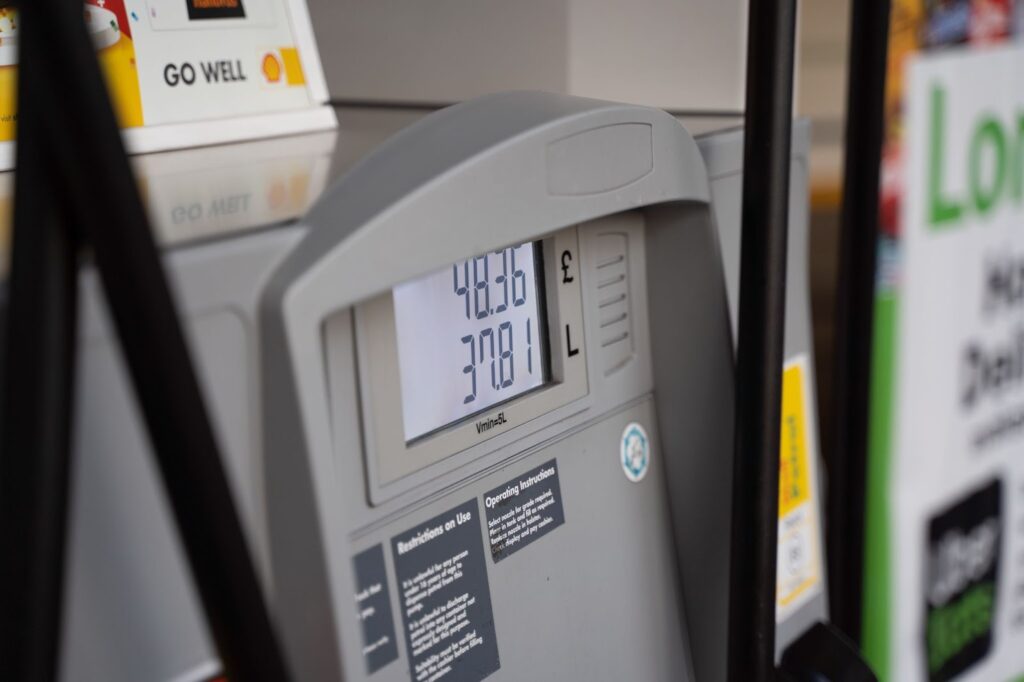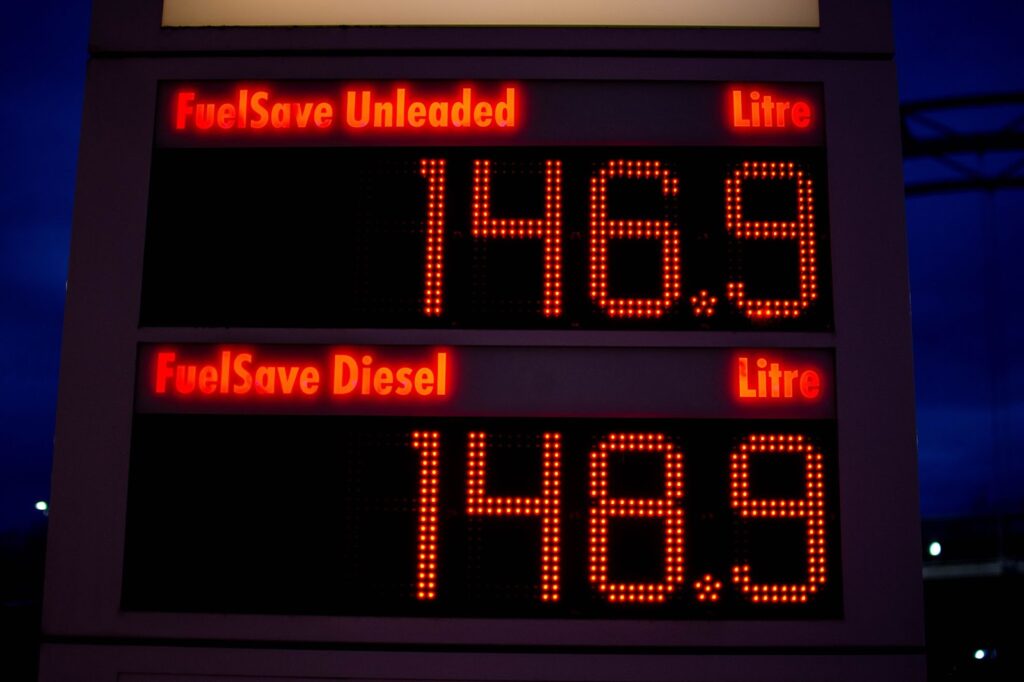How important is good quality pricing data for your retail business?

Accurate, reliable and timely petrol and retail pricing data allows you to know where your brand sits in the market, tailor your offer at individual site level with greater sophistication, and properly implement your pricing strategy. In short: it removes guesswork from the process and allows you to act with confidence in the market.
All too often, however, companies rely on sub-optimal solutions when it comes to petrol price data collection. A common practice for companies in the retail fuel industry is to rely on their site managers to report on prices from nearby competitor sites. Head office then relies on this data to determine market price movements.
This simple solution sows the seeds of much bigger problems, however.
Why does poor petrol price data persist?

Unfortunately, commission agents, franchisees, and dealers are not always accurate or diligent in the fulfilment of these obligations. Why is this?
First, where systems are not automated, simple data entry mistakes or a breakdown in the line of communication can cause problems. Price changes may also not be submitted because the dealer ‘forgot’ or is simply lazy. Of greater concern, however, are the personal gains that can be made from commission payments to dealers.
As these dealers are typically paid on a per-litre basis, they have a vested interest in reporting artificially low competitor prices back to head office, in the hope of triggering an order to drop the price.
Perpetrators tend to view this as a ‘victimless’ crime that is too small to worry about. After all, they think, “What’s a couple of cents?”
The cost of poor petrol price data

Informed Sources’ price collections across the world have repeatedly shown that these discrepancies tend to be far more widespread than thought. Observations in several countries have documented as many as 30% of site price reports on competitors as being inaccurate.
It is no exaggeration to say that the price tag for this inaccurate data typically runs into the millions. One recent study we performed in Europe comparing our PriceWatch data with a client’s operatives put the average price gap at EUR 1.5¢. For a company with 100 sites, this equates to an estimated €2.3 million per year in lost margins.
This figure doesn’t include the other benefits that flow from improved pricing data:
- Enhanced market visibility and knowledge of what the competition is doing.
- Optimised “price for offer” at individual sites.
- Presenting a consistent brand image to both the public and competitors.
- Removal of conflict between company and dealers.
- Reduced agent commission fees.
- More effective deployment of staff.
- Greater whole of site profitability.
The cumulative benefits that come from having accurate, reliable and timely pricing data are indisputable. Companies that fail to invest in a solution that provides them with proper data expose themselves to substantial risk.
Discover clear, reliable retail price reports across the globe with PriceWatch. For enhanced network planning, take advantage of NetWatch’s powerful site location analysis tools — complete with demographic data, facility comparisons, and traffic volumes on an intuitive map underlay.
